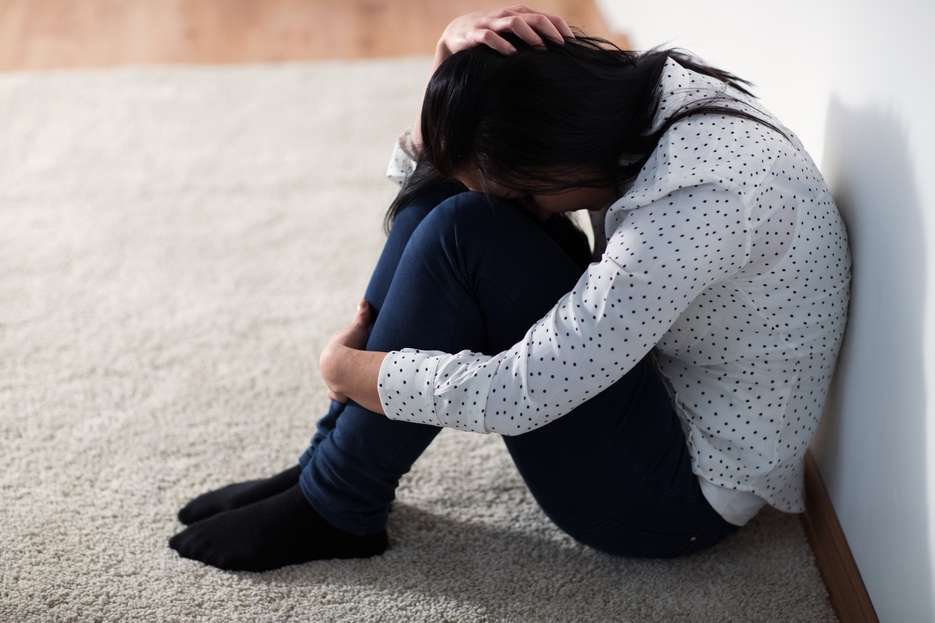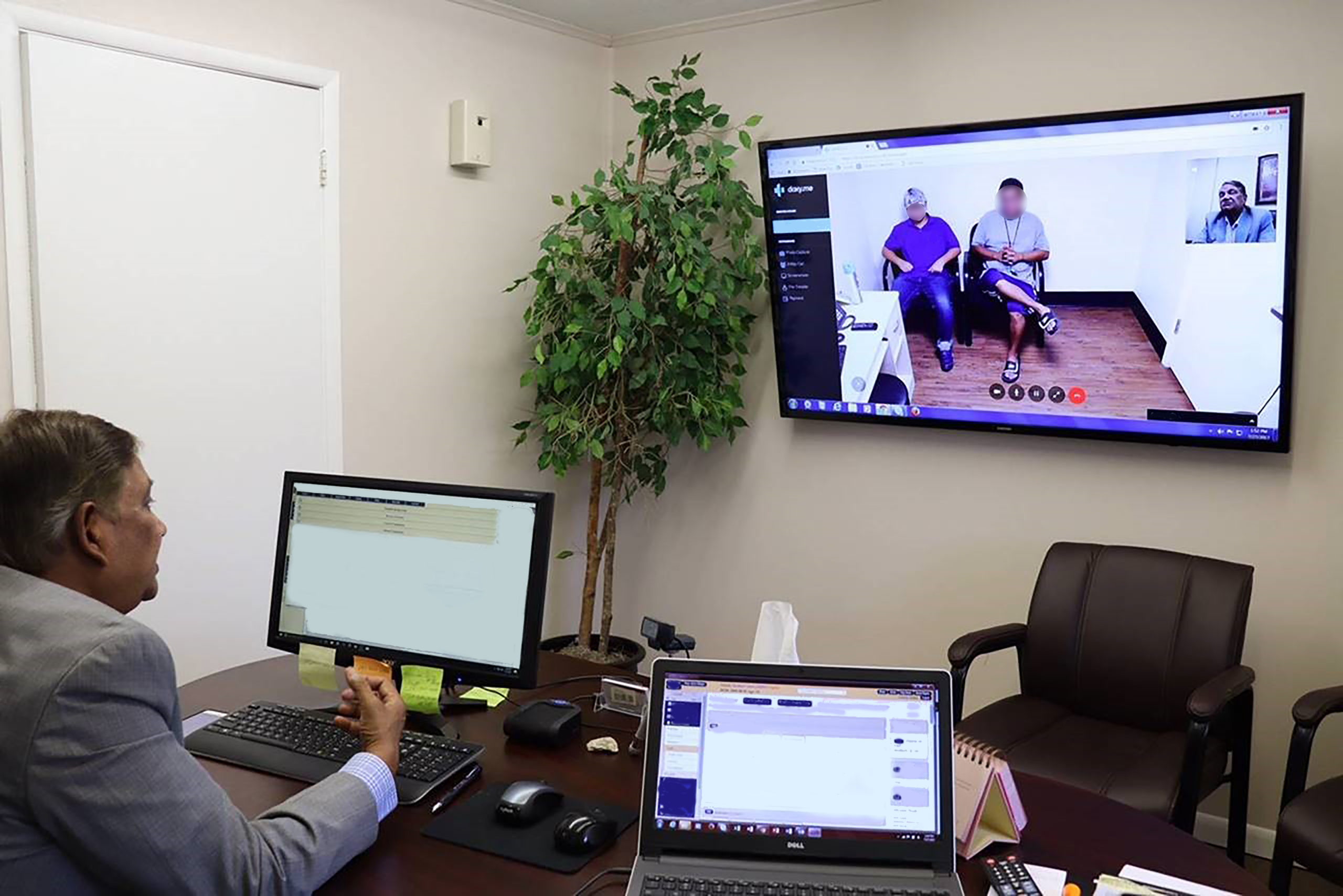
It’s Friday night and Claudia is locked in her bedroom. The 24 year old lives in Freeport and used to love hanging out with her friends and family. But her battle with mental illness always seems to stand in the way between her and her happiness. Claudia suffers from a severe depressive disorder and psychosis, but getting help isn’t easy.
Claudia doesn’t have health insurance and without help her symptoms were only getting worse. After months of being untreated, Claudia was eventually placed in a behavioral hospital for five days due to self-harm, paranoia and visual hallucinations. Her mental health was affecting the her safety and the safety of those around her.
After her stay at the hospital, Claudia and her family searched for a psychiatrist in Freeport. They discovered the closest psychiatrist was not only expensive, but the doctor’s office was more than an hour’s drive away. Then they were referred to Stephen F. Austin Community Health Center’s (SFACHC) new tele-medicine program. This program allows Claudia to receive low-cost psychiatry services remotely in Freeport. Using a trained medical staff and specialized equipment, patients are able to connect with a psychiatric specialist online who is able to give them a full medical and mental health evaluation.
“We treat patients who never would be able to afford health insurance or find the traveling time to get the proper care otherwise,” said Penny Pabst, SFACHC’s development director. “It’s so important that people in our small towns have access to medical care, regardless of where they live.”
Claudia isn’t alone. Many Texans living in small towns and rural areas struggle to access mental health care. Far too often patients in need are left untreated because of high costs and limited access to healthcare providers.

EHF’s $150,000 grant is helping SFACHC expand its telehealth technology to reach more rural patients with both medical and mental health services. The expansion includes three additional remote sites, plus an elementary school. SFACHC leaders estimate that with the expansion they could treat about 900 additional patients each year.
“SFACHC’s creative use of telemedicine enables patients to receive high-quality care locally,” said Elena Marks, EHF’s president and CEO. “It’s part of our effort to help rural clinics enhance services and integrate mental health services into basic care.”
After connecting online to SFACHC’s psychiatrist, Claudia now has a long-term mental health treatment plan. Her mental stability is drastically improving and symptoms such as anxiety and hallucinations disappeared altogether. Now, Claudia spends Friday nights hanging out with friends at the bowling alley, rather than staying locked away in her room.
To learn more about SFACHC, visit http://www.sfachc.org/.